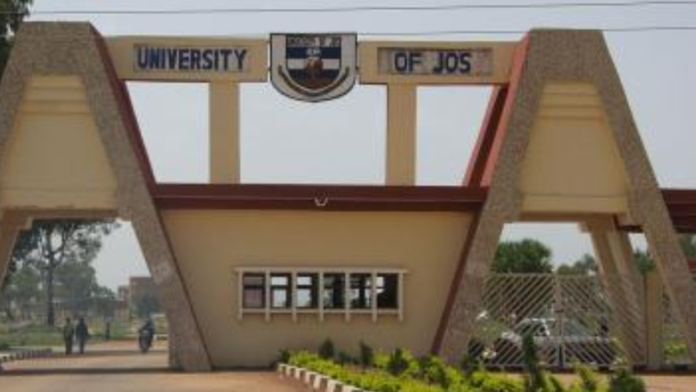The vice chancellor of the University of Jos, Tanko Ishaya, on Saturday, 2024, said that only seven percent of the over 45,000 students of the institution live within the campus.
Speaking during a courtesy visit by members of the 1988 set of the university’s Faculty of Law, Mr Ishaya said the institution is currently facing accommodation challenges.
He said there are inadequate hostel accommodations for students studying in various facilities of the university.
Helps words, ”As we speak only seven per cent of our students live within the campus against the global standard of 40 percent.
”This is due to a shortage of hostel accommodation; so over 90 percent of students live off campus.
”We are making efforts to address this concern through public-private partnership,” the vice chancellor said
On electricity consumption, Mr Ishaya said the university now spends over N80 million monthly to have the institution powered.
He also noted that there are plans by the university management to develop a solar farm to generate power that would serve the institution and its host community.
On some of the academic programmes run by the university, Mr Ishaya told the old students that there are 78 fully accredited academic programmes in 17 faculties.
In his address, the governor of Plateau State, Caleb Muftwang, a member of the class, promised to continue his support toward the progress of the institution.
Mutfwang, represented by Rauta Dakok, the immediate past Head of Service of the state, appreciated the management of the university for sustaining higher academic standards in the institution.
Speaking on behalf of the old students, a Senior Advocate of Nigeria, Emeka Etiaba explained that members of the UNIJOS 1988 class were in Jos to observe their annual reunion.
Mr Etiaba said the visit to the university was to ascertain the challenges currently confronting the institution and also give members of the class, the opportunity to make informed decisions toward an intervention.



